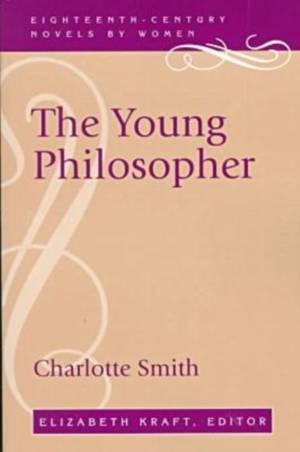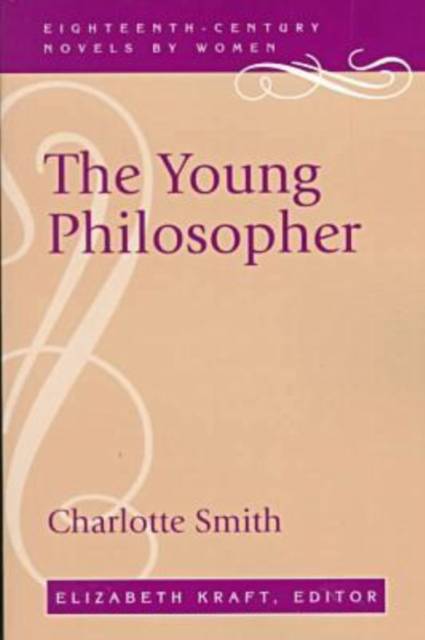
- Retrait gratuit dans votre magasin Club
- 7.000.000 titres dans notre catalogue
- Payer en toute sécurité
- Toujours un magasin près de chez vous
- Retrait gratuit dans votre magasin Club
- 7.000.0000 titres dans notre catalogue
- Payer en toute sécurité
- Toujours un magasin près de chez vous
Description
In The Young Philosopher, George Delmont embraces an agrarian life and devotes himself to the pursuit of knowledge. But it is George's love Medora Glenmorris and her mother Laura who provide the emotional core of the novel. Contrasting the pain and suffering of individuals with the idealism of the French Revolution and the hope provided by glimpses of life in America, Smith exposes philosophical enlightenment as an ineffective weapon for fighting the widespread corruption of English society. The early novels of Charlotte Smith (1749-1806) were precursors of the gothic tradition that came to dominate the Romantic period. Her later fiction, including The Young Philosopher (1798), were more political in nature and influenced both the form and substance of works by nineteenth-century novelists such as Austen and Dickens.
Spécifications
Parties prenantes
- Auteur(s) :
- Editeur:
Contenu
- Nombre de pages :
- 438
- Langue:
- Anglais
- Collection :
Caractéristiques
- EAN:
- 9780813109626
- Date de parution :
- 10-06-99
- Format:
- Livre broché
- Format numérique:
- Trade paperback (VS)
- Dimensions :
- 155 mm x 229 mm
- Poids :
- 598 g

Les avis
Nous publions uniquement les avis qui respectent les conditions requises. Consultez nos conditions pour les avis.






